GROWING up in social housing meant that Ash Bhardwaj didn’t travel much. However, aged 17, when he won a place on a rugby tour to the Pacific, he saw contrasting cultures in New Zealand and Australia. This subsequently sparked a curiosity that motivated him to travel and understand why places are different to one another.
Now an award-winning journalist, broadcaster and author, Bhardwaj has been on adventures around the world, including a 1,000 km walk through Uganda and Sudan, travelling 2,500km along the India-Pakistan border and retracing secret British missions in Albania.
He also kayaked through New Zealand and travelled 8,500km of Russia’s European border for his Telegraph podcast series Edgelands.
More recently, Bhardwaj’s debut book, Why We Travel: A Journey Into Human Motivation, was published. It is a part memoir and travelogue, with research, interviews and advice for travellers.
Eastern Eye caught up with the intrepid traveller who has reported from over 50 countries to discuss his global adventures and new book. Bhardwaj also offered top travel tips and revealed the journeys that impacted him the most.
What inspired you to write Why We Travel?
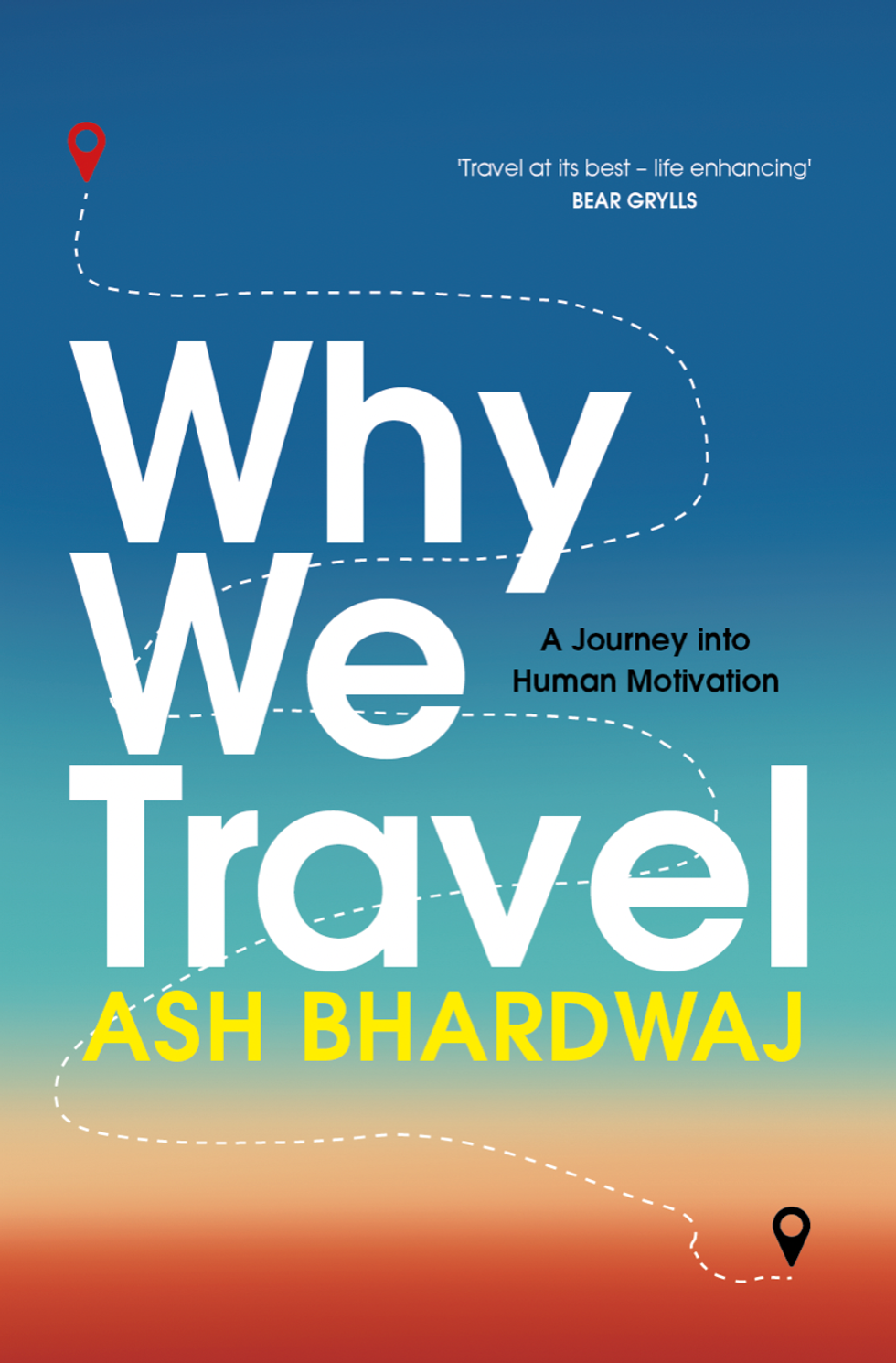
As a travel journalist, people always ask me for tips and recommendations, but what interests one person will bore someone else. We also travel for different reasons at different times in our life, and ‘good’ travel means finding a journey to match our motivation. Why We Travel is my journey of figuring out the 12 motivations for travel: ‘curiosity’, ‘inspiration’, ‘happiness’, ‘mentorship’, ‘serendipity’, ‘hardship’, ‘service’, ‘empathy’, ‘healing’, ‘wonder’, ‘eroticism’, and ‘hope’. I realised that it helped me to travel better and wanted to share it with others.
Tell us about the book?
The book explores three questions: Why do we travel? How can we do it better? How can travel help us to live a more fulfilling life? It’s an unusual travel book, because it’s a bit 'self-help' and 'smart thinking’, with a blend of travelogue, memoir, research and advice. It follows my own journey of self-discovery. I interviewed philosophers, scientists, psychologists and even DJs to help me understand the motivations. Each chapter contains tips, and questions to ask ourselves before and during travel, to make our travel better.
Who are you hoping the book connects with?
Anyone who wants to make their travel better - whether that’s holidays, gap years, or travelling for work. We Brits spend more on travel than any on other leisure activity, but we've all had bad travel experiences. By using the example and questions in the book, readers can figure out what they want, and then plan their travel better. I think it’s particularly good for people who want to make their travel more interesting or adventurous. It seems to be particularly popular with people who are trying to do more solo travel.
You talk about the link between travel curiosity and dopamine. Could you explain some practical tips to become more inquisitive travellers?
Before you travel, ask a question that you're mildly curious about: why do they speak Spanish in Colombia? Why are there different shapes of pasta in Italy? What’s different about the food in northern and southern India? What cheese is typical to this region of France? Then try to answer that question during your trip. It will give you a sense of purpose and a release of the neurotransmitter dopamine, which feels good and encourages you to be more curious.
Tell us more about this.
While on your travels, ask questions of minimal importance: what do the police sirens sound like? How do people greet each other? What time does it get dark? These little questions make you notice your environment more, and make you feel ‘elsewhere’, which gives you a satisfying dopamine hit, and makes your travel feel more satisfying.
How can we travel more consciously?
We all know about the carbon footprint of air travel, but there’s also the social impact of travel. Rather than heading to places that are ‘over-touristed’, we can go somewhere less popular - it will be quieter and will give you a sense of discovery. Try to book accommodation or tours with local providers, rather than multinationals, so that the money goes into the local economy. Finally, eat and drink local produce, rather than anything imported. It reduces your carbon footprint and is a great window into culture.
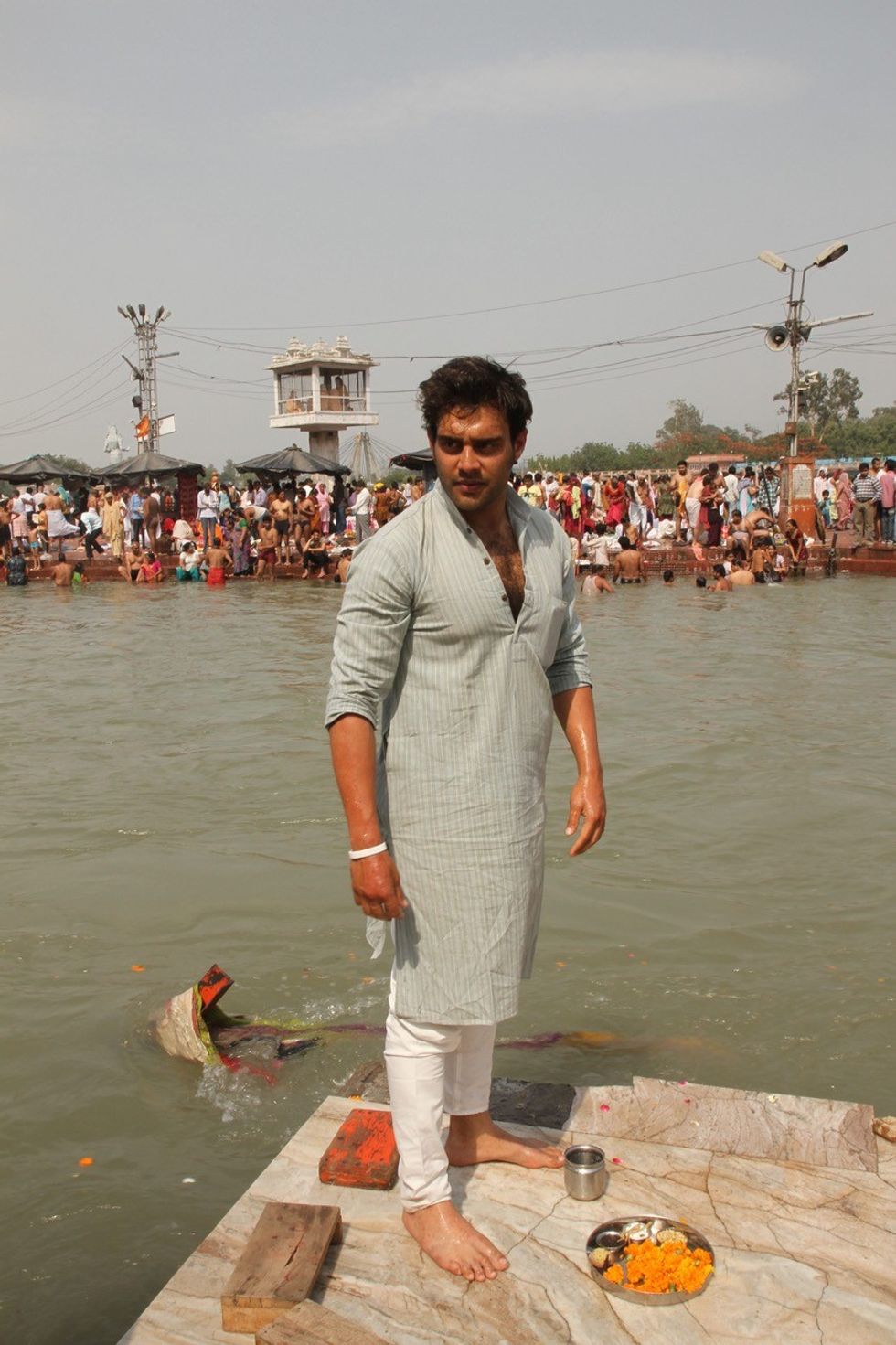
Each chapter starts with a personal travel story. Which journey had the most profound impact on you?
Taking my father’s ashes to India on a journey of healing helped me connect with my heritage (my dad was Indian, mum was English). It helped me psychologically, because dad and I had a difficult relationship, but it also helped me feel more comfortable in my identity.
Any other memorable visit?
I also travelled to Ukraine and Russian-occupied Crimea in 2018. It gave me huge empathy for what Ukrainians were going through (Russia first invaded in 2014, and the war in Donbas was on at the time). It helped me understand Russian intentions and mindsets. That shaped much of my work for the next six years and led me to return to university for a masters.
What practical tips would you suggest on getting more joy and fulfilment from our travels?
Going further or spending more doesn’t guarantee (having) a better time. Understanding your motivations for travel will lead to a much better return on investment - in both time and money. Joy is an outcome of travel, which you can find in most of the motivations. But a simple tip for travelling with a partner or friend is this: take it in turns to plan an entire day of the trip. That way you each get to do what you want (some of the time), and you will be forced to do something that you would have otherwise avoided. You might discover something that you love.
The final chapter delves into your experience with your mother's passing. Tell us about the transformation of grief into hope.
My mum was an incredible person. She is the reason I travel - when she was younger, she visited New Zealand and later encouraged me to get on the rugby tour, because she knew I would love it. She took on a second job as a cleaner to pay for my ticket. I was devastated when she died and didn’t think I could ever find joy again.
What happened next?
My wife, sister and I took her ashes to New Zealand, a place that mum and I both loved. We also took our four-month-old daughter, who had not met her grandma, but whose middle name is mum’s name. It was an incredible journey that allowed me to mourn mum, remember her, and be reminded of what she wanted for me. My grief became hope - that life could get better again.
What do you hope readers will gain most from reading your book?
Before we ask ‘where’ and ‘how’ to travel, we should ask ‘why’ we travel, to understand our individual motivations. Then, build a trip from there. We all travel for different motivations at different times, but we can refine our travel satisfaction by thinking about each trip more deeply. The book features examples, advice, tips and questions to help readers do that.
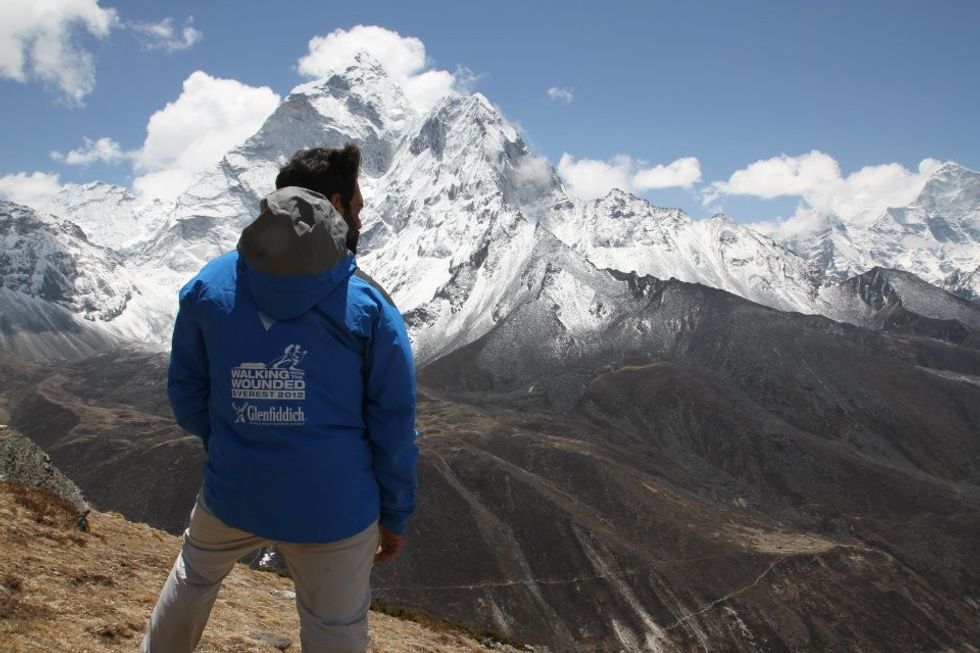
Any other top travel tips?
Don’t pack your itinerary with restaurants, bars, museums and sights. Leave time and space in your itinerary for accidental discoveries and recommendations. Spend time talking to locals, asking them about places they go to.
What advice do you have for aspiring travel writers?
Read widely to see how different writers use language, dialogue, description and background information to give readers the sense of a place and the journey. Discover what you like, and then start blogging. It’s more enduring than social media and forces you to develop your writing skills and find your voice.
Do you have any plans to expand your travel writing to other avenues?
I’ve started appearing as a travel expert on BBC Morning Live. I presented a series for Discovery India with my mate, Lev Wood, last year, about the border between India and Pakistan. I'm still writing for newspapers and travel magazines. I’m developing documentaries for BBC Radio 4 and have a travel podcast with my friend, Pip Stewart, called The First Mile; we are looking to rebrand and relaunch it, so watch this space.
Why should we pick up your new book?
We all spend a lot of time and money travelling - whether it’s for holiday, work, or backpacking. We can make it more fulfilling and satisfying by reflecting on our motivations. This book shows you how to do that.
Instagram: @ashbhardwaj






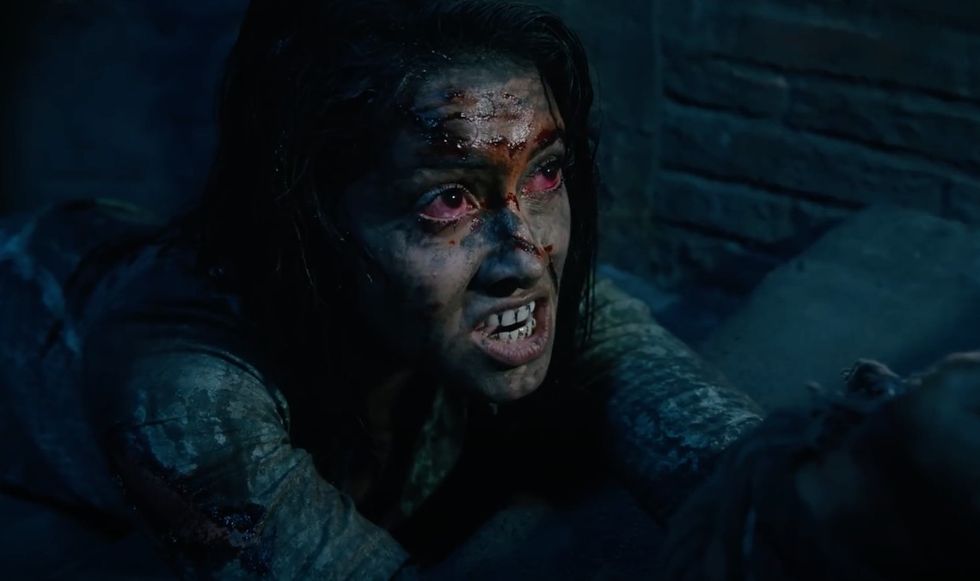 Chhorii 2
Chhorii 2









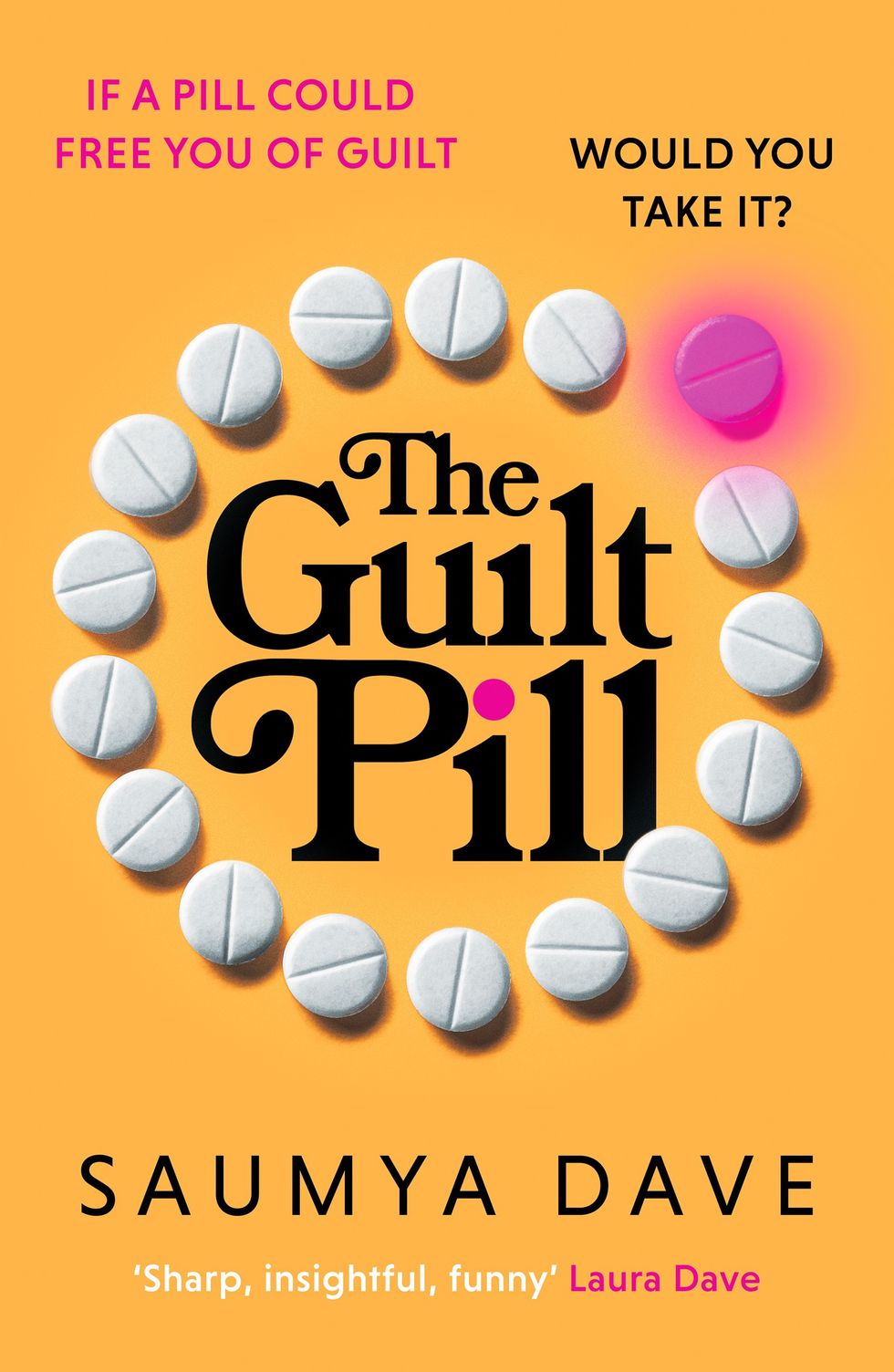 'The Guilt Pill' her latest booksaumyadave.com
'The Guilt Pill' her latest booksaumyadave.com

 Milli Bhatia
Milli Bhatia
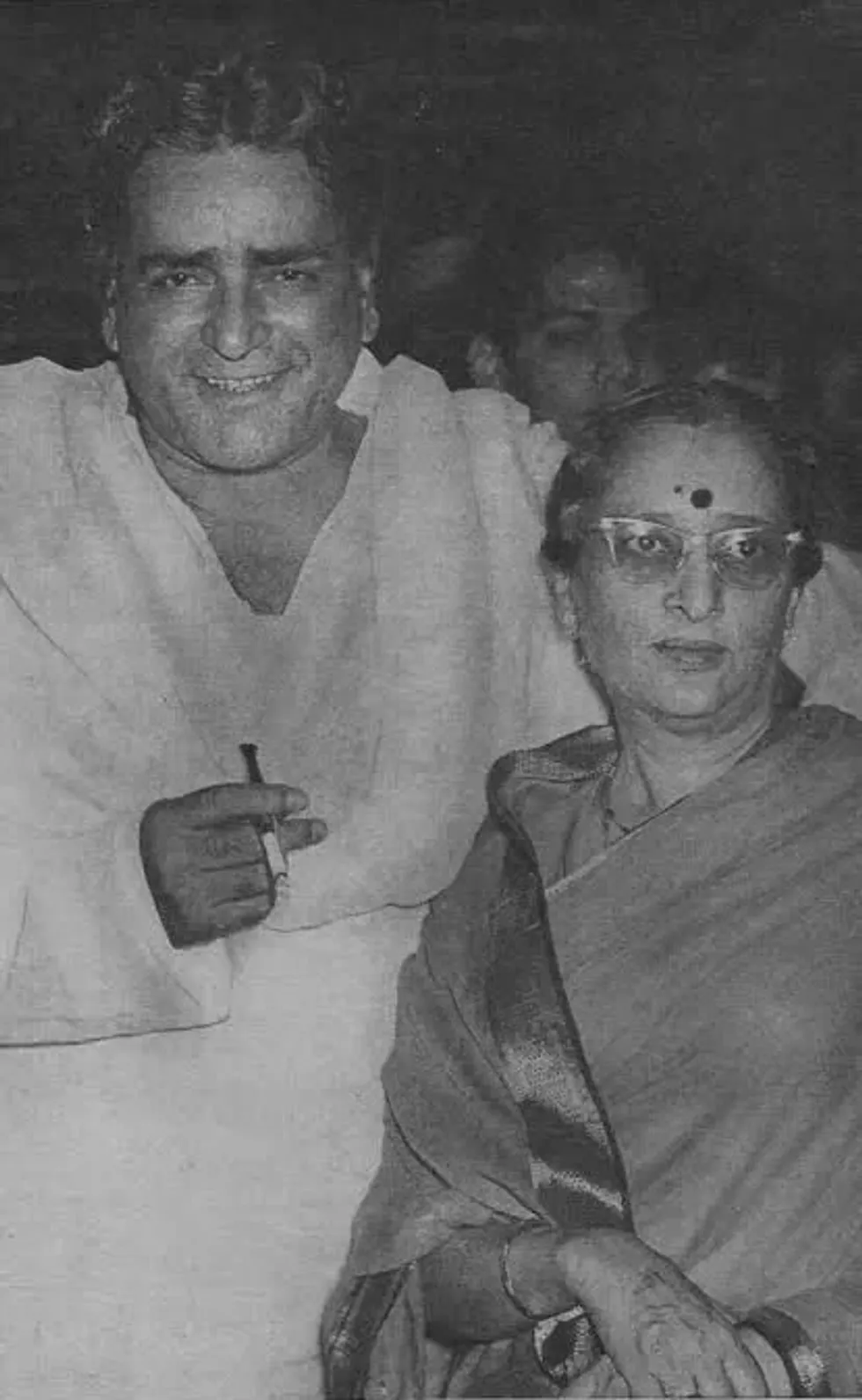 Prithviraj Kapoor and Ramsarni Mehra Reddit/ BollyBlindsNGossip
Prithviraj Kapoor and Ramsarni Mehra Reddit/ BollyBlindsNGossip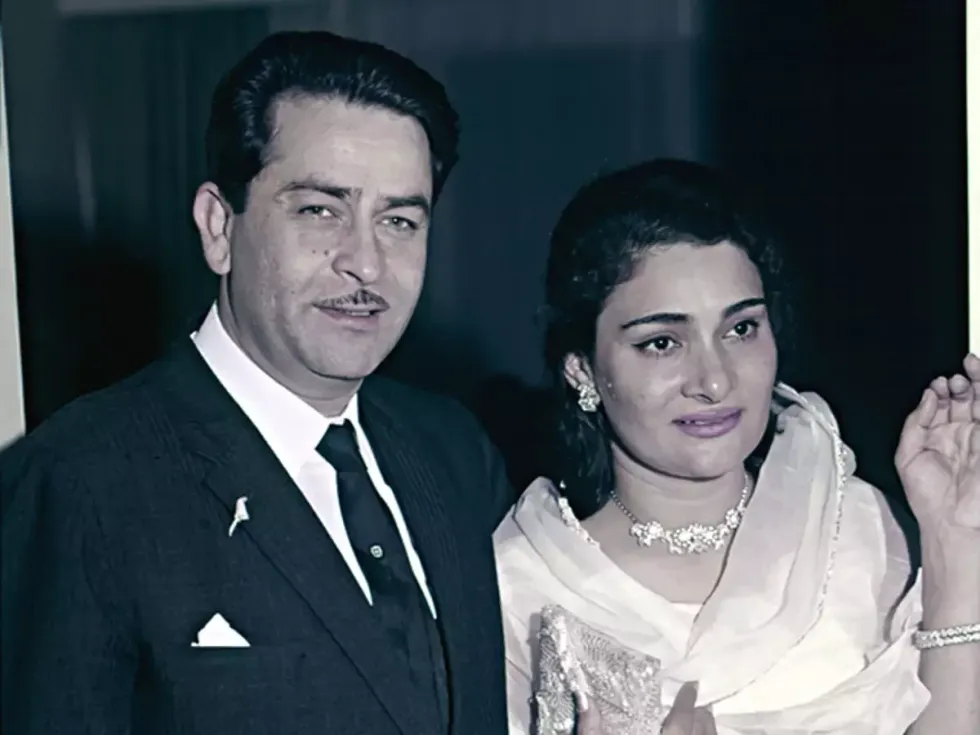 Raj Kapoor and Krishna MalhotraABP
Raj Kapoor and Krishna MalhotraABP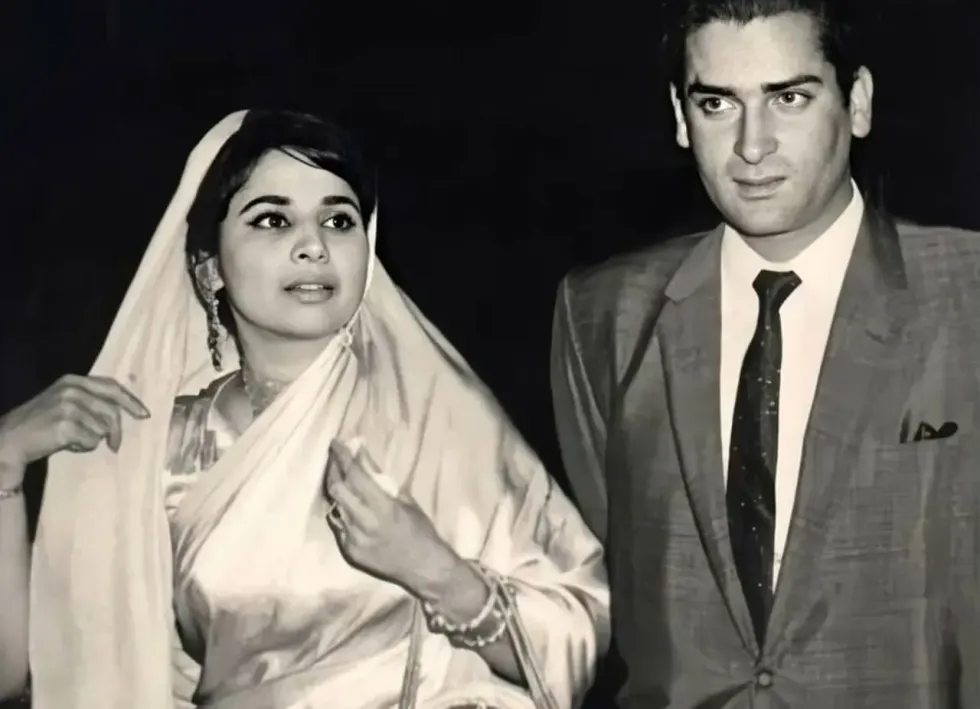 Geeta Bali and Shammi Kapoorapnaorg.com
Geeta Bali and Shammi Kapoorapnaorg.com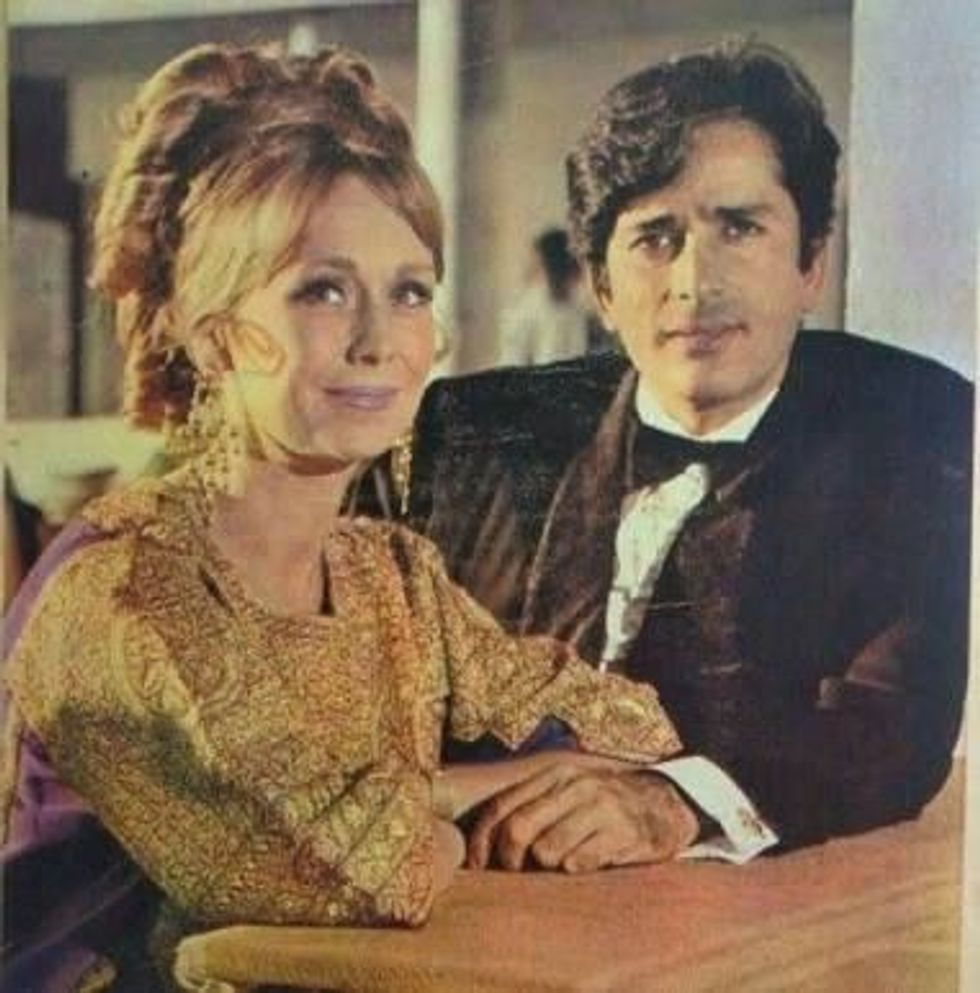 Jennifer Kendal and Shashi KapoorBollywoodShaadis
Jennifer Kendal and Shashi KapoorBollywoodShaadis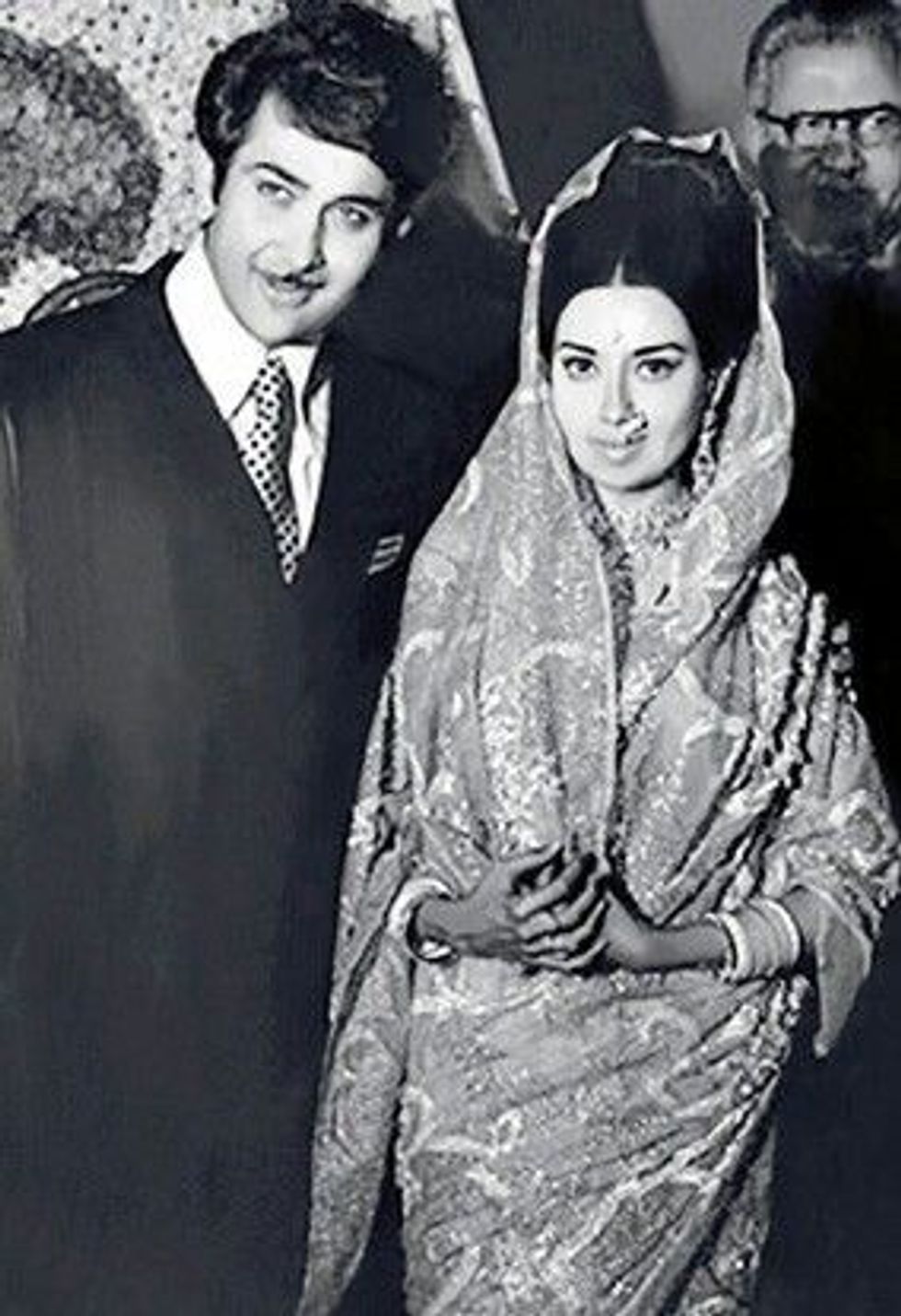 Randhir Kapoor and Babita BollywoodShaadis
Randhir Kapoor and Babita BollywoodShaadis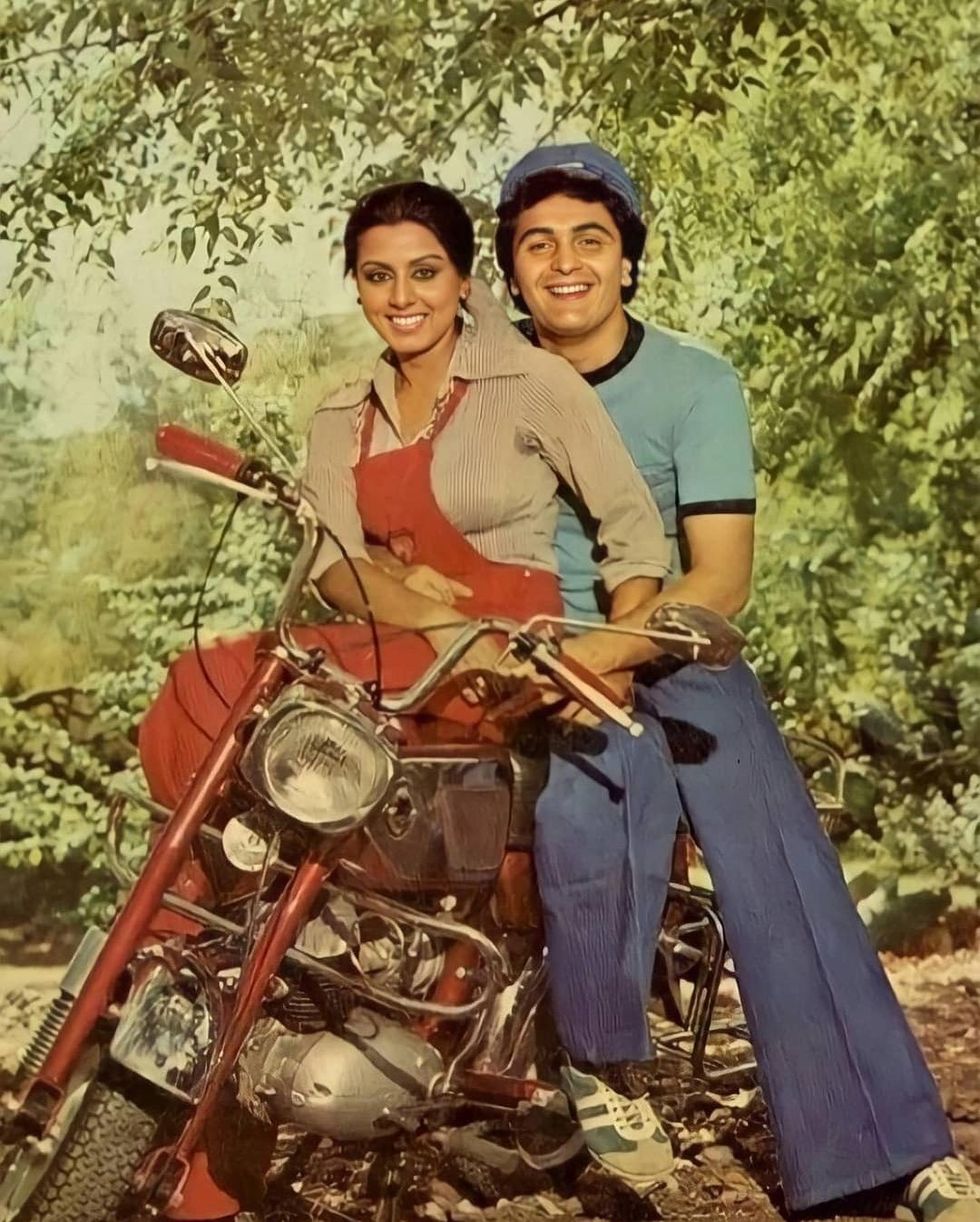 Neetu Singh and Rishi KapoorNews18
Neetu Singh and Rishi KapoorNews18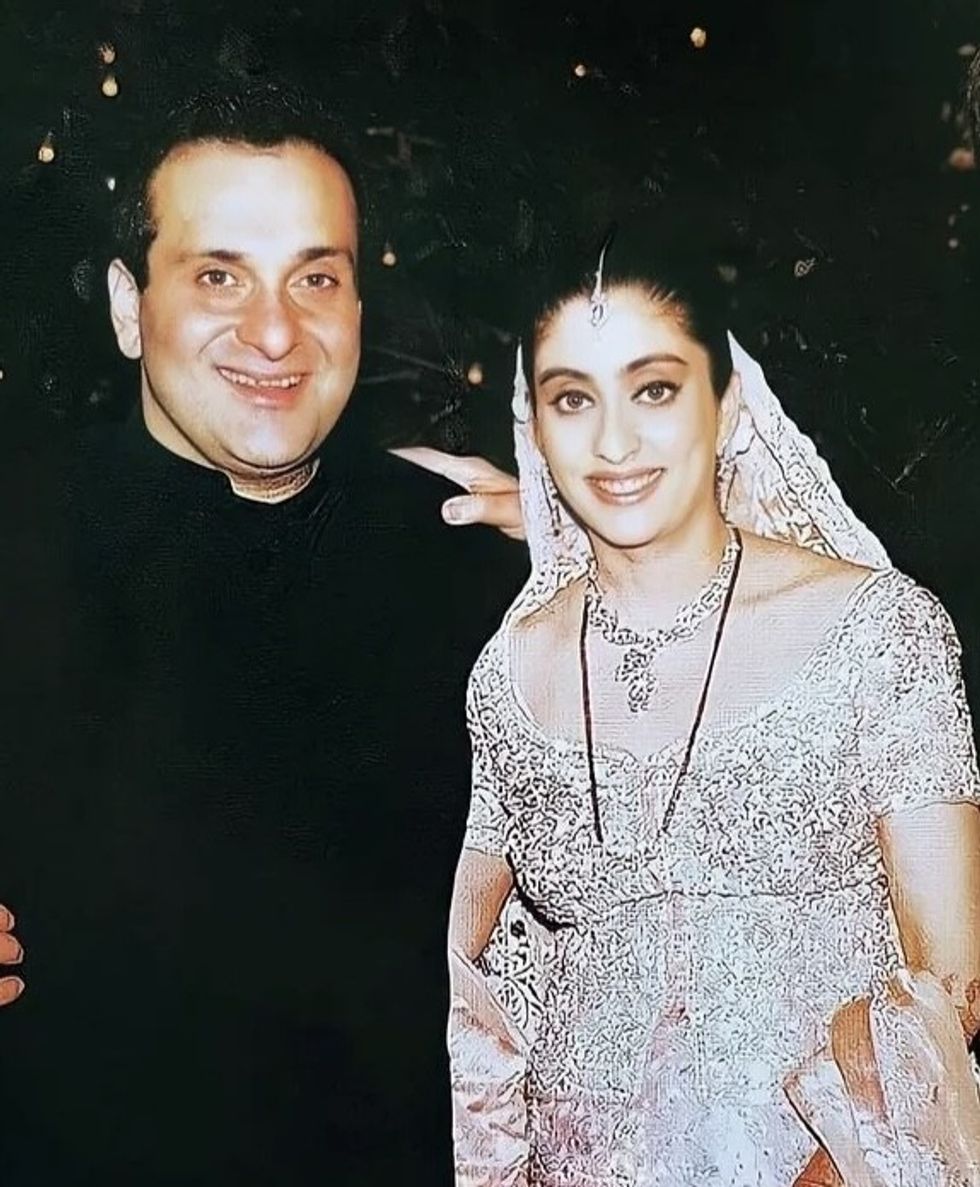 Rajiv Kapoor and Aarti Sabharwal Times Now Navbharat
Rajiv Kapoor and Aarti Sabharwal Times Now Navbharat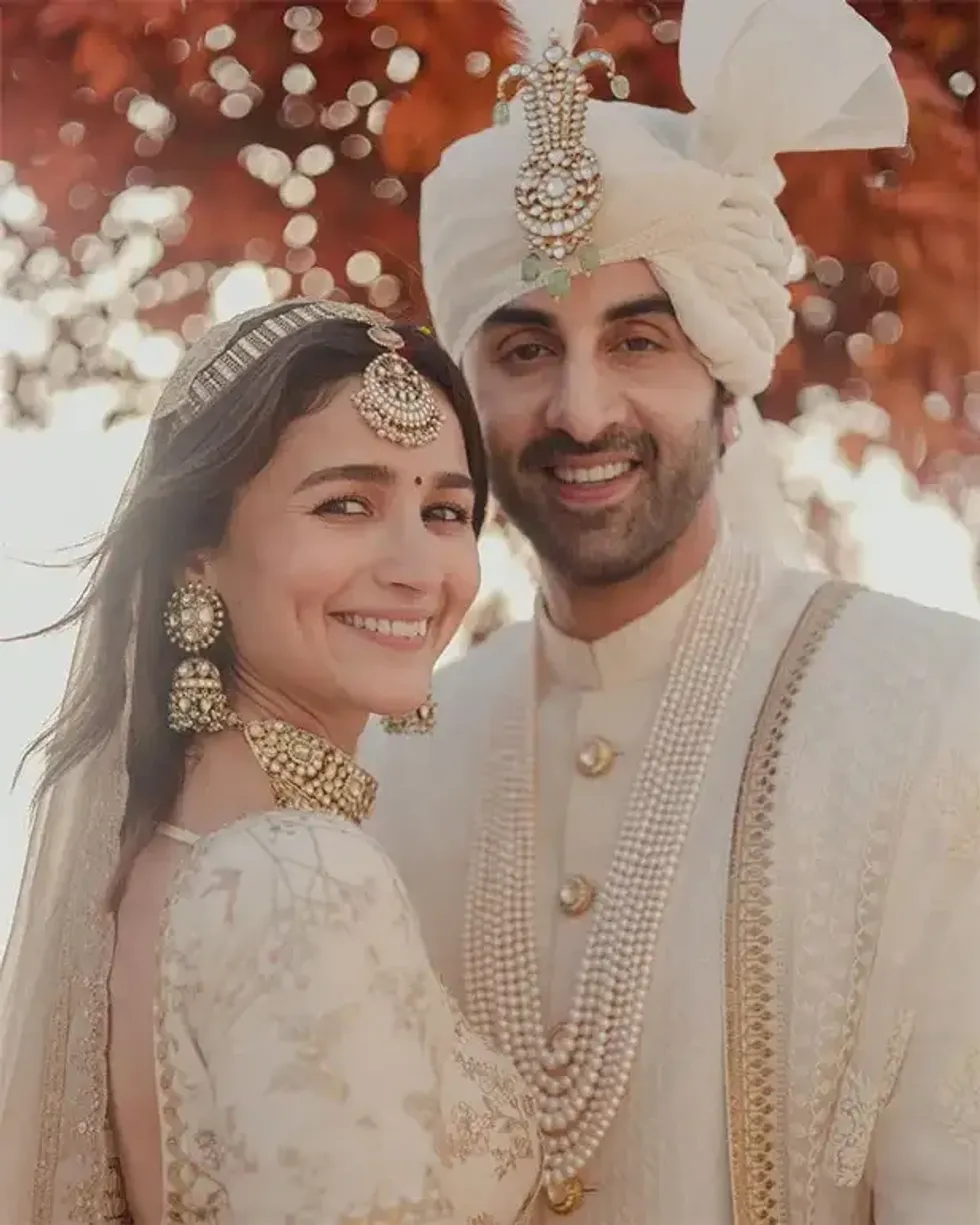 Alia Bhatt and Ranbir KapooInstagram/ aliaabhatt
Alia Bhatt and Ranbir KapooInstagram/ aliaabhatt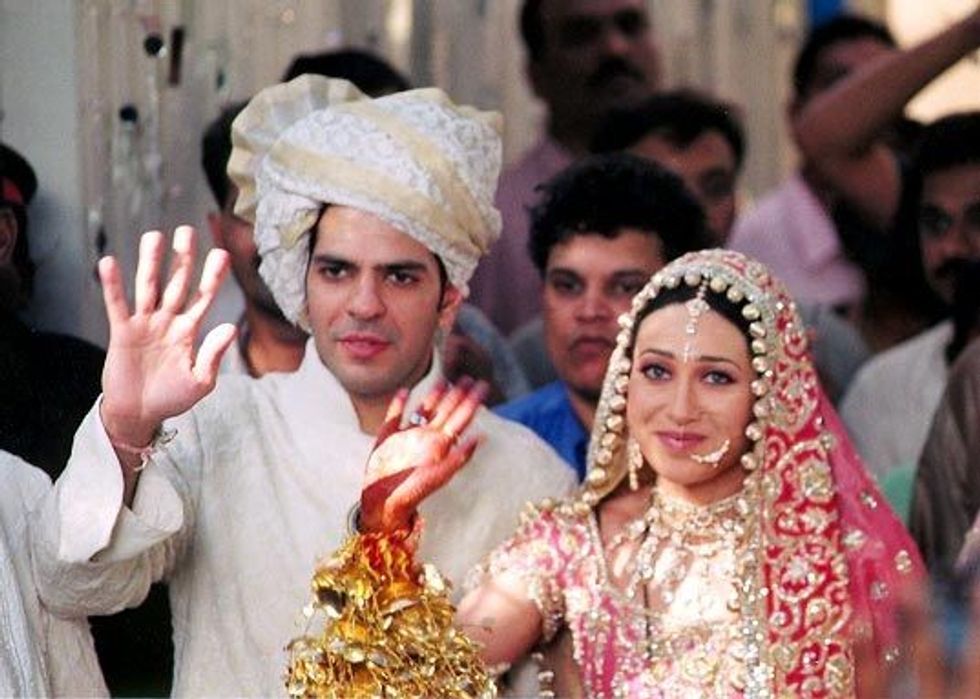 Sunjay Kapur and Karisma KapoorMoney Control
Sunjay Kapur and Karisma KapoorMoney Control